Feb. 16, 2024: Black-capped Chickadees are frequent, social visitors to feeders in Falmouth during the winter months. Quick and agile, they prefer seeds like sunflower and often cache food nearby. Their distinctive calls and adaptability make them charming backyard companions, aiding their winter survival.
Black-capped Chickadees (Poecile atricapillus) are delightful and charismatic birds commonly found in the winter months around feeders in Falmouth. Here’s a description of their behavior around feeders during this time:
1. Frequent Visitors: Black-capped chickadees are frequent visitors to bird feeders, especially in the colder months when natural food sources are scarce. They have a high metabolism and need to eat frequently to maintain their energy levels.
2. Social Behavior: These birds are quite social and often visit feeders in small flocks. You may see several chickadees together, sometimes mixed with other small songbirds like tufted titmice, nuthatches, and finches.
3. Quick and Agile: Black-capped chickadees are known for their agility and quick movements. They can quickly dart in and out of feeders, grabbing seeds or nuts before retreating to a nearby branch to eat in safety.
4. Seed Preferences: Chickadees are primarily seed eaters but will also consume insects and suet. They are particularly fond of sunflower seeds, cracked corn, and peanuts. Providing a variety of seeds will attract them to your feeder.
5. Cache Food: Chickadees have a fascinating behavior of caching food. They will often grab a seed from the feeder and then fly off to hide it in a nearby tree or shrub. This behavior helps them store food for later when natural sources may be scarce.
6. Vocalizations: Black-capped chickadees are known for their distinctive “chick-a-dee-dee-dee” call, which is often used to communicate with other members of their flock. You may hear this call as they come to your feeder or as they move around in nearby trees.
7. Adaptability: These birds are quite adaptable and can adjust their feeding habits based on the availability of food sources. While they are regular visitors to feeders, they will also forage for food in the surrounding habitat, including in woodlands and shrubby areas.
8. Winter Survival: Providing feeders for black-capped chickadees and other winter birds can be vital for their survival during the colder months. By offering a consistent food source, you can help these birds maintain their energy levels and stay healthy throughout the winter.
Overall, observing black-capped chickadees around feeders during the winter months can provide delightful insights into their behavior and add a touch of charm to your backyard birdwatching experience.

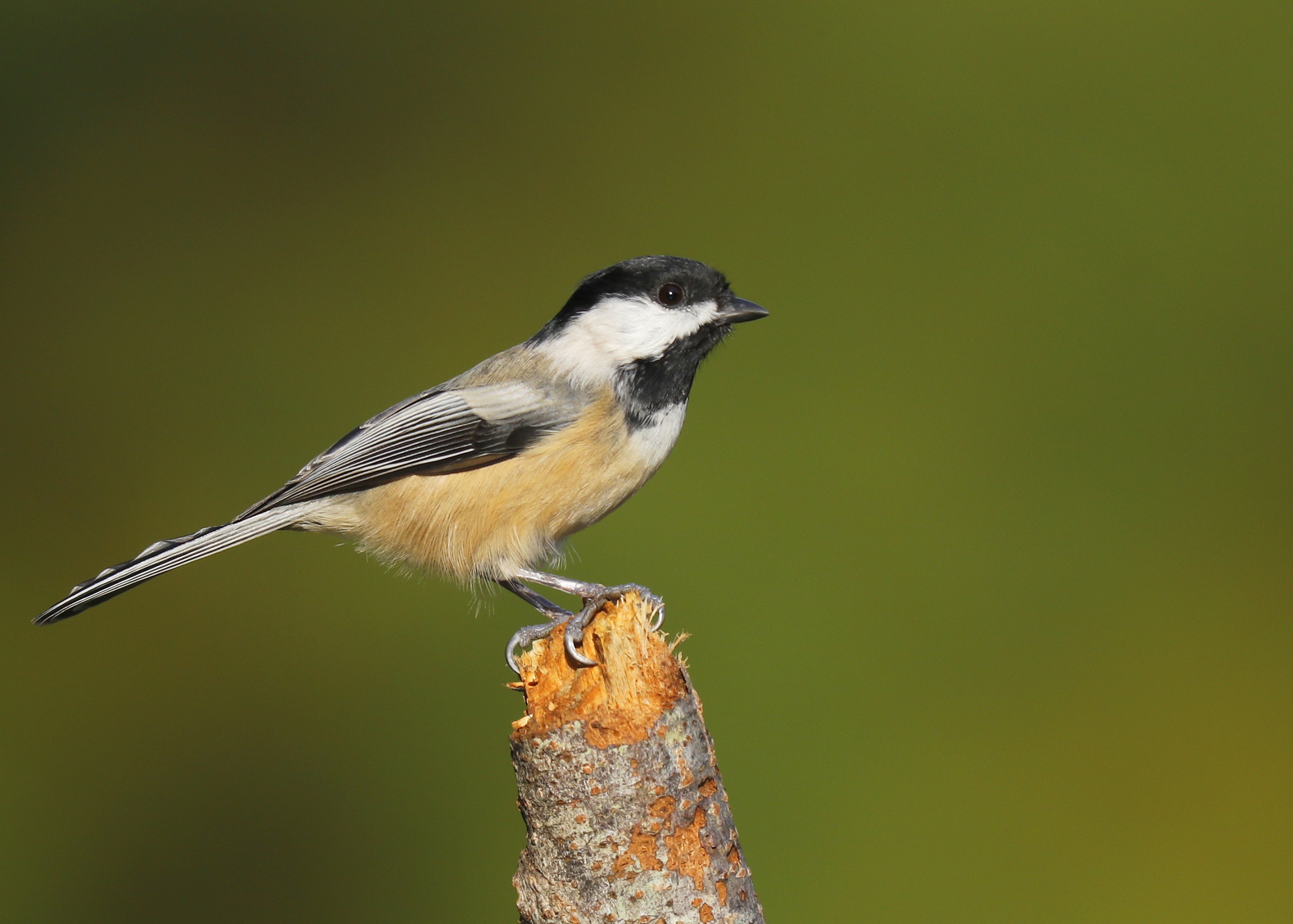
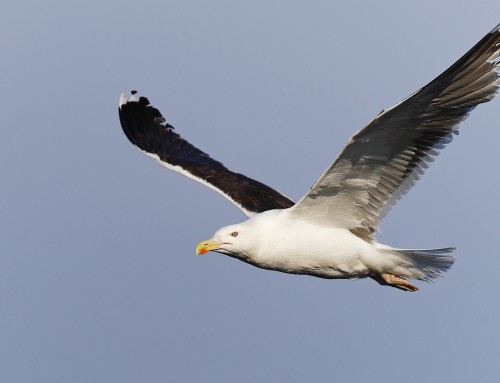
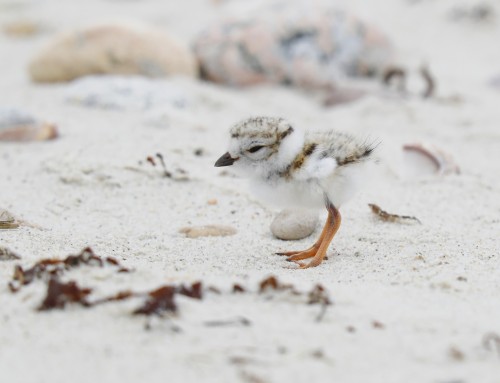
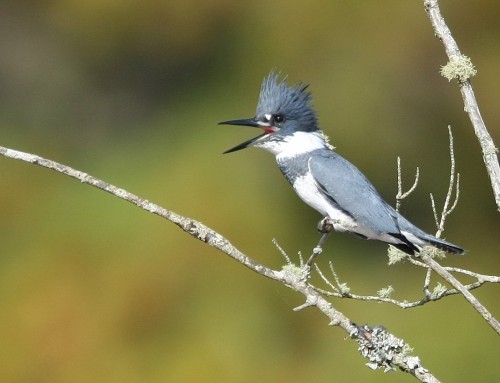
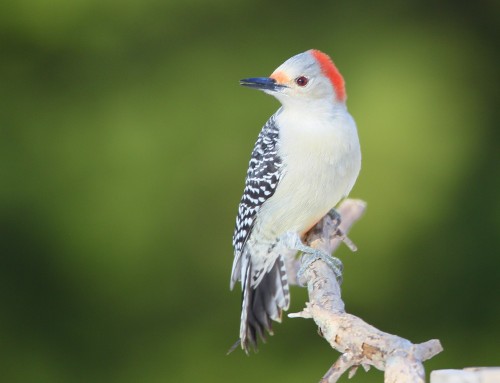
Leave A Comment
You must be logged in to post a comment.